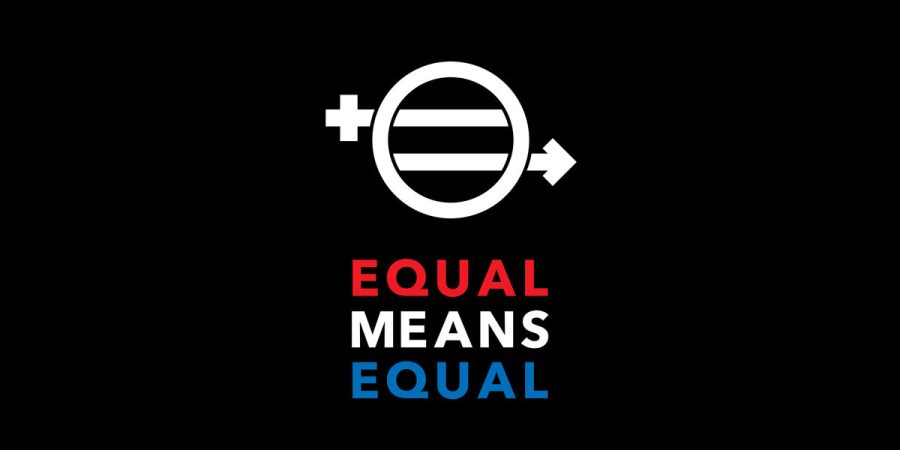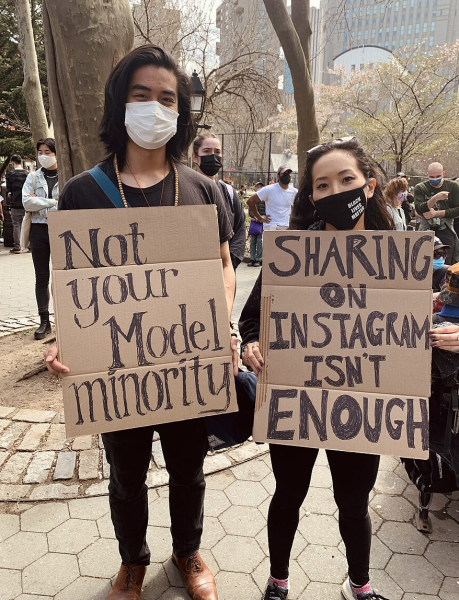William Barr was wrong to block the ERA
The first for equal rights should have been ratified by now
January 23, 2022
On January 15, 2020, the historic vote that made Virginia the 38th state (and final one needed) to ratify the Equal Rights Amendment, was held. The ERA was finally an Amendment. But, due to a man overstepping and abusing his position of power, all people are still open to sex and gender discrimination. The Equal Rights Amendment is necessary. It is simply a fact and can be further justified in an earlier article.
Originally drafted by Alice Paul in 1923 and proposed to Congress in the same year, the ERA has been championed by feminists for decades. “On March 22, 1972, in accordance with the constitutional amendment process described in Article V of the Constitution, the ERA passed the Senate and the House of Representatives by the required two-thirds majority and was sent to the states for ratification on March 22, 1972. No time limit is mentioned in Article V, but a seven-year deadline was placed in the proposing clause, not in the text of the amendment itself.”
One of the biggest questions surrounding the ERA has been “if it is passed after the time limit, was it really passed?” Situations are best handled on a situation to situation basis. Problems that reside on different planes cannot be dealt with by the same course of action. Even if the time limit proves a significant problem in the finalization of the ERA, an exception should be made.
I see the ERA as one of the pieces of legislation that serve to fix the foundation of our country. So many mistakes were made in the founding of America. They said freedom for all, but only really meant white men; but that isn’t what I am arguing right now. I am saying that we must right the wrongs of the past to move forward. It is 2022. It has been 245 years since the founding fathers signed the Declaration of Independence. It is far past the time we should have moved forward and granted simple rights, in writing, that banned sex and gender discrimination. Since we couldn’t do it then, let’s do it now.
The problem in this case is William Barr.
When Barr was Attorney General, a 38-page letter from his office was sent to the Archivist of the United States recommending the Archivist not publish the Amendment. This was after 38 states, the number needed for ratification, passed the ERA.
Although it can be argued that he didn’t really block the ERA… he kind of did. There is a glaring problem with this whole situation: the Attorney General’s office is a part of the Executive Branch. The way our government’s checks and balances system is set up is supposed to prevent executive interference because amending the Constitution is a Congressional power. By preventing the Amendment from formally being published, Barr gave states and the federal government an excuse to continue sex and gender discrimination. Without the formality that Barr declined to give, the perfect excuse that ‘no one knows what is going on with the ratification’s legality due to the timeframe listed in the preamble.’
Now, we cannot use and must ignore our 28th Amendment; not publishing the ERA invalidates its legal standing. The states have spoken. The people have spoken. It has almost been 100 years since this amendment was first introduced and people are still advocating for it, now more than ever.
The states have spoken. The people have spoken. It has almost been 100 years since this amendment was first introduced and people are still advocating for it, now more than ever.
The third section of the amendment has read, unchanged since its conception, “This amendment shall take effect two years after the date of ratification.” As previously stated, Virginia was the final state needed to ratify the ERA and the ratification took place on January 15, 2020. We just passed the two-year mark of this. Seeing how this is so, the ERA should be coming into effect, except, it was never formally published.
A case deciding the validity of the ratification is imminent. The failure to publish the ERA is argued as harmful, since states have not, are not and do not seem to have any interest in reviewing and eliminating any legislation that is sex and gender discriminatory. Many more lawsuits are expected to be filed or become viable this year, whether the ERA is published or not. But this also proves controversial since a decision by the courts also violates the fact that amendment ratification is solely a Congressional power.
Barr and the Attorney General’s office not only overreached and abused their powers by violating America’s checks and balances system and inadvertently caused another violation by leading to an unavoidable, eventual decision on the Amendment by the courts, but also made it so the ERA has no legal standing therefore continuing discrimination on the basis of sex and gender, but also on other aspects of gender identity and gender regarded points.












